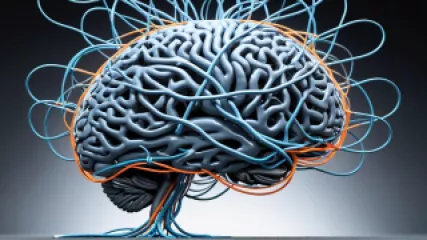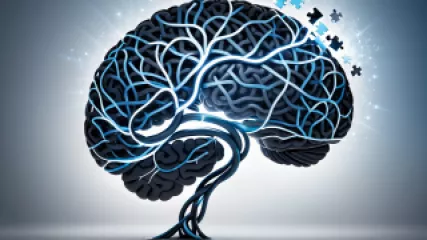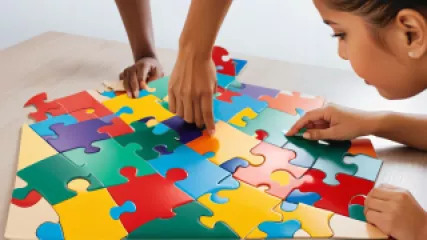Effective Parenting Tips for Improving Family Relationships
hace 1 año
Consejos para Padres
Enhancing Cognitive Flexibility: A Step-by-Step Guide
hace 1 año
Flexibilidad Cognitiva
Effective Steps for Addressing Guilt
hace 1 año
Resolver la Culpa
Mastering Cognitive Flexibility: A Step-by-Step Guide
hace 1 año
Flexibilidad Cognitiva
Uncovering the Power of Body Language Exercises
hace 1 año
Conceptos Básicos de Lenguaje Corporal
Mastering Cognitive Development: A Step-by-Step Guide
hace 1 año
Desarrollo Cognitivo
Exploring the Superstitions: An Interview with a Psychologist
hace 1 año
Psicología Detrás de las Supersticiones
Effective Strategies for Handling Workplace Bullying
hace 1 año
Acoso Laboral
Exploring Cognitive Development Strategies through Popular Books and Movies
hace 1 año
Desarrollo Cognitivo
Implementing Green Therapy Techniques for Sustainable Living
hace 1 año
Psicología de la Sostenibilidad
Effective Strategies for Emotional Support with Chronic Illness
hace 1 año
Afrontar una Enfermedad Crónica
Mindful Practices for Sustainable Living: My Journey to Integrating Psychology and Sustainability
hace 1 año
Psicología de la Sostenibilidad
Expert Wellness Coaching Tips: An Insider Interview
hace 1 año
Coaching de Bienestar
Balancing Act: Parenting Tips for Single Parents
hace 1 año
Consejos para Padres
Learning Cognitive Flexibility Tools from Popular Movies
hace 1 año
Flexibilidad Cognitiva















